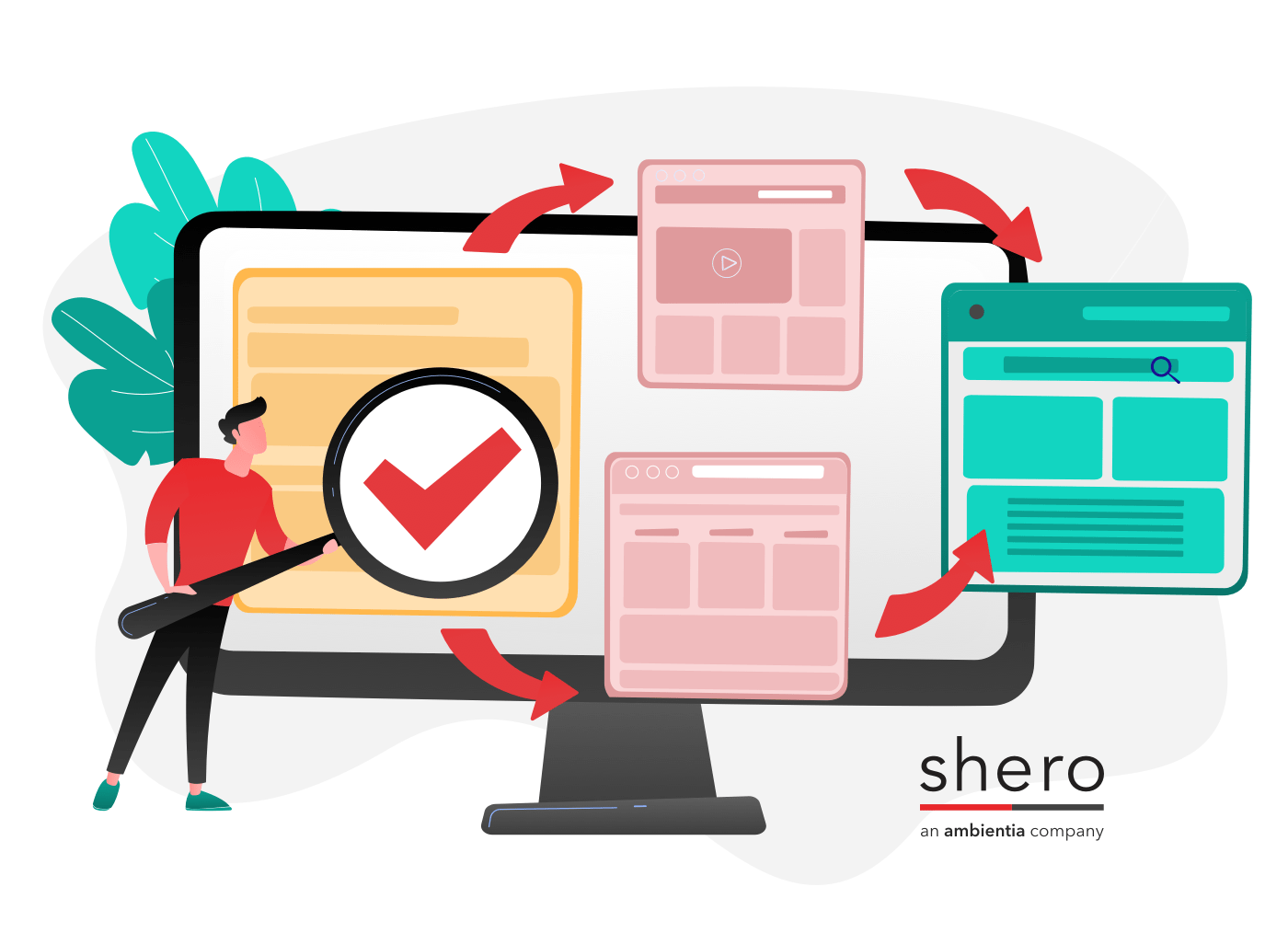Most people will not automatically think of WordPress when deciding to sell products online. While WordPress has traditionally been seen as a blogging platform, in the past few years it has developed into a capable and efficient eCommerce option through the use of third party extensions and plugins. Because, like Magento, WordPress is free and open-source, it comes with a huge community of developers who have worked to improve everything from functionality to SEO to user experience.
In a previous article, we explained the key differences between Magento and Shopify and concluded that Shopify is an extremely easy and simple way to get a store up and running quickly. We also touched on the limitations that come with proprietary software. While Magento is a great option for store owners with large inventories and big future plans, some store owners do not have the budgets necessary to facilitate a full Magento website. Therefore, today we compare two similar and popular choices for online vendors, Shopify and WordPress as options for eCommerce websites on a tighter budget.
Shopify is a proprietary eCommerce solution launched in 2006. Shopify is known for its ease of use and set up and its commitment to customer service and support. Users can purchase additional functionality through Shopify’s own app store. They also have access to Shopify’s pre-built themes (which are very nice looking).
| Shopify | WordPress |
|---|---|
| Strictly E-commerce platform | Blogging platform with E-commerce extension |
| Costs starting at $14 / month for 100 SKUs with a 1% transaction fee | Free and Open Source – no transaction free. |
| Hosted solution | Not hosted – requires hosting with e-commerce and security capabilities |
| Support available from Shopify’s support team | Support available from huge community of WordPress developers |
| Extensions and add-ons available from Shopify App Store | Plugins available from third party developers. |
| Not an ideal blogging platform | The world’s most widely used blogging platform |
| Large selection of good themes to choose from, some free, some paid | Moderate selection of nicely designed themes (mostly paid) |
| Developer works with Liquid, a template processing language | Developer works with PHP |
| Ideal for small to medium sized businesses | Ideal for small to medium sized businesses with room for growth. |
WordPress is an extremely popular blogging platform and CMS which is responsible for about 65% of all CMS websites online today. WordPress is famous for its user-friendly admin panel and its open-source status which gives developers unlimited possibilities for producing new and inventive plugins. One of these extension companies, WooCommerce, has become the go-to for online selling with a WordPress website. WooCommerce is labeled as a “WordPress ecommerce toolkit”, which means that it is a complete package that integrates seamlessly into your WordPress website and enables you to sell goods online with ease. With WooCommerce, storeowners will be able to take advantage of everything that makes WordPress the most trusted name in content management.
WordPress is known for solid SEO that is further emphasized by SEO extensions like Yoast. Most websites, including eCommerce websites, should incorporate a blog. A WordPress powered blog is more well organized than a blog powered by Shopify because Shopify wasn’t designed for bloggers. Shopify blogs use Tags instead of hierarchal categories and don’t archive posts the same way that a WordPress blog does.
There are a few key differences between Shopify and WordPress that you will need to discuss with your developer when you decide to build or convert your site. First, WordPress is not hosted like Shopify is. This means that you will need to find a hosting solution that can handle your eCommerce website and you also need to think about the security needs that come along with a non-hosted solution. Your developer will also need to determine how comfortable he or she is working with Shopify’s Liquid or PHP in WordPress (although using a pre-built theme could give you the option of limited customization on a tighter budget).
Concluding, both platforms are easy to use and very robust. In the battle of Shopify vs WordPress there is no clear winner. Shopify is popular among small business owners and in some cases enterprise class merchants. Running an online store through Shopify it is definitely not a bad option with all the great support and apps provided by Shopify There are some costs associated with the various Shopify plans and transaction fees, but anyone who is serious about online selling will be able to afford such fees.
Being the most popular blogging and CMS platform, WordPress brings a lot on the table from an SEO perspective. When using WordPress there are no plans or transaction fees, other than the initial expense of setting up the online store, on-going hosting fees, and credit card processing fees.
Customer Success Manager




